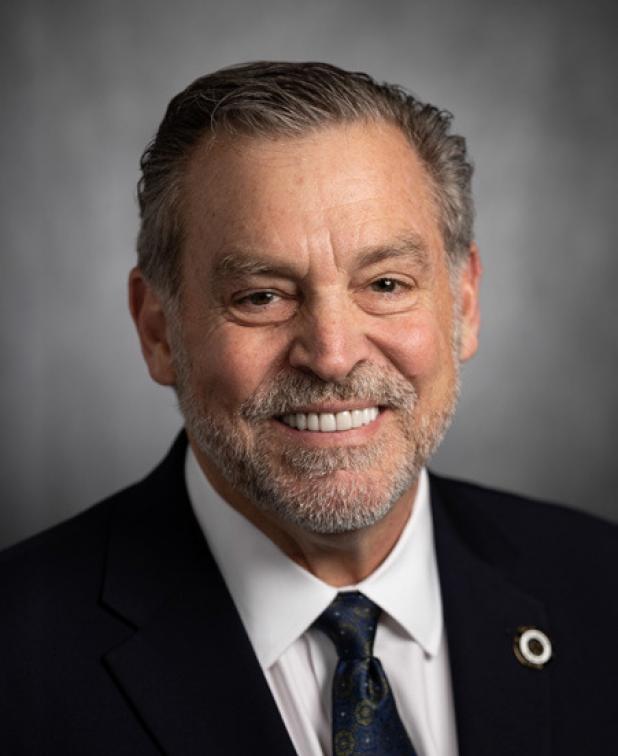

House candidates talk about water
The Enterprise recently interviewed the two candidates running to represent Olney in the Texas House of Representatives on key issues facing District 68. David Spiller, the Republican incumbent, and Stacey Swann, an author and teacher from Lampasas County, face each other in the Nov. 5 general election.
The Enterprise queried the two candidates on their positions on school vouchers, water, mental health funding, immigration and abortion.
This is the second in a five-part series exploring their stances on those issues.
Enterprise: Olney needs about $3 million to complete its water treatment plant, thanks to skyrocketing labor and materials costs. What can Olney do to bridge the gap between its $13.5 million in bond revenue and the $16 million-plus actual cost of a new water treatment plant?
Ms. Swann: Texas is facing increasing failures with its water infrastructure in both our rural areas and our cities. We’ve reached a point, after many decades of not upgrading our infrastructure, where everything seems to be breaking at once. In Lampasas County, in the towns of Kempner and Lometa, at times the water coming out of the taps isn’t even clear, it’s yellow or brown. It’s undrinkable.
The newly established Texas Water Fund is supposed to offer low-cost financing for rural water infrastructure, which I think should apply to building new water treatment plants. In addition, recently in Kempner, Rep. Spiller said there were grants that municipalities could apply for to fix this problem. However, the following week, the General Manager of the Kempner Water Supply Corporation said they couldn’t apply for the grants because they are for low-income communities, not middle-income communities. And a lot of rural areas technically are middle-income communities. While the funding of water infrastructure is vital in low-income communities, we also need similar funding in rural communities that don’t have the budgets or tax base for extensive improvements on their own. Having clean drinking water is a basic human right all Texans deserve.
I think the new Texas Water Fund is a great first step, but we are going to need to fund it at a much higher rate than its current budget, which I believe is $1 billion. The needs are statewide and so we need a much bigger pot to pull from so that communities can open new plants before the old plans become non-functional and create a water emergency.
Last session there was a Republican-led bill that diverted a portion of the state sales tax straight to water infrastructure in the same way that it goes to road projects. It didn’t pass, but we should propose it again next session. This is an issue that is going to be top of mind for the next 50 years in Texas, not just because the population is increasing and we just have more needs for water, but also because the infrastructure seems to be in decline in so many areas. We are losing a lot of water from leaking pipes in our aging systems, and it’s too precious a resource to waste in that way.
Mr. Spiller: As a member of the State Water Implementation Fund for Texas (SWIFT) Advisory Committee and a Vice Chair of the Texas House Water Caucus, I’m very involved in Texas water policy and the ability of Texas to meet the growing demands for water, and the necessary upgrades to local water and wastewater treatment, for all Texans, especially those of rural Texas. I am currently working closely with the Texas Water Development Board (TWDB) on a number of constituent water issues in the district.
Currently, funding and additional funding is available through the Drinking Water State Revolving Fund, the Clean Water SRF, the Texas Water Development Fund, the Economically Distressed Areas Program and the State Water Implementation Fund for Texas. Most of these programs offer primarily loans with some opportunities for principal forgiveness or grant. I and my staff are happy and eager to assist and continue to assist Olney and other affected entities in House District 68 in addressing these concerns.
